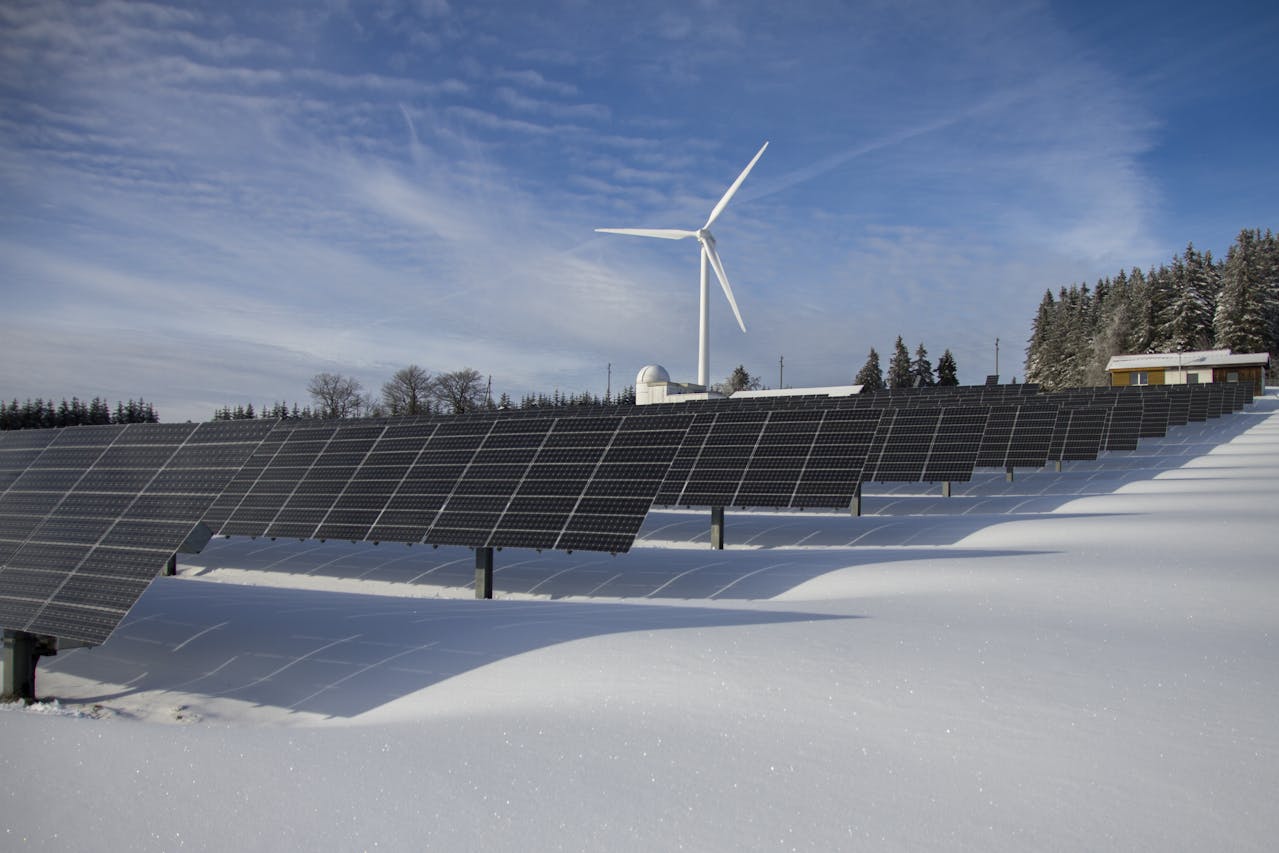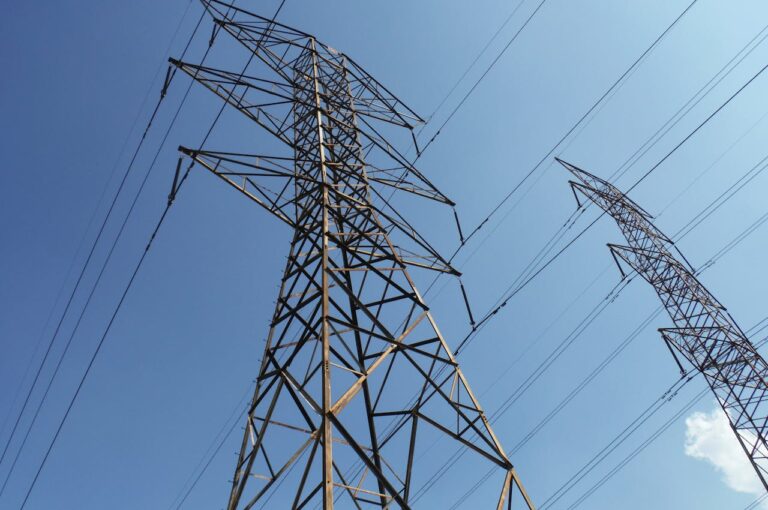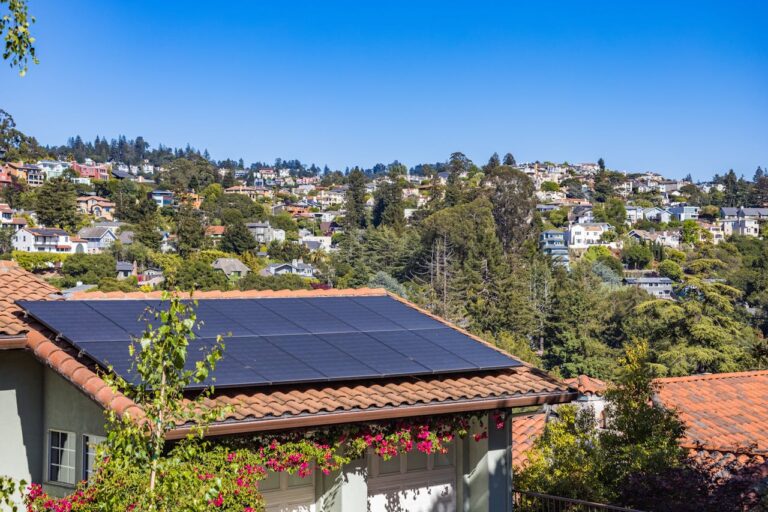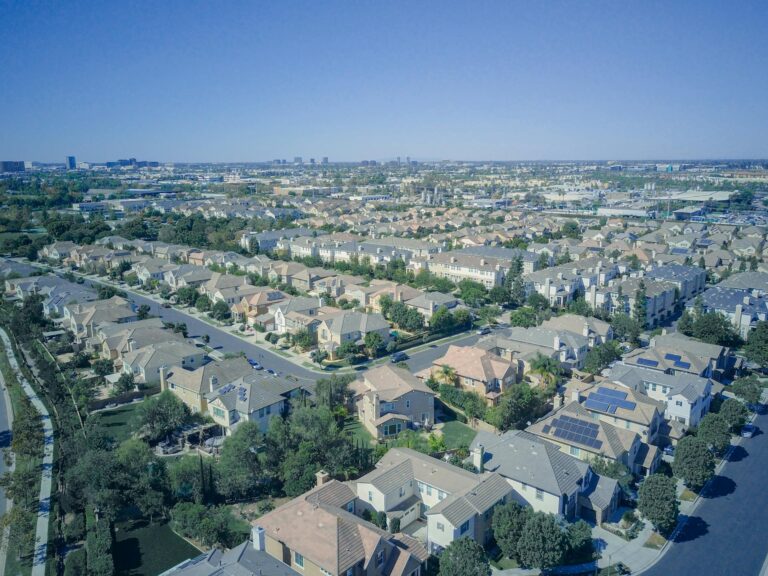One of the most common myths about solar panels is that they don’t work on cloudy days or when it snows. If you’ve heard this before, you might wonder if solar is a reliable energy solution for your home, especially if you live in a region with less-than-sunny weather. Let’s set the record straight!
Myth: Solar Panels Only Work in Direct Sunlight
Many people believe that solar panels need constant, direct sunlight to produce energy. While it’s true that solar panels are most effective under clear skies, they can still generate electricity on cloudy or snowy days. Here’s why:
Fact #1: Solar Panels Work with Diffused Light
Even on cloudy days, the sun’s rays still reach the Earth, though they are diffused through the clouds. Solar panels are designed to capture this diffused light and convert it into electricity. While energy production may be lower compared to a sunny day, it’s far from zero.
Fun Fact: Germany, one of the world’s leaders in solar energy, experiences cloudy weather for much of the year. Despite this, solar power thrives there, proving that consistent sunshine isn’t the only key to solar success.
Fact #2: Snow Can Actually Help Solar Panels
It might seem counterintuitive, but snow isn’t the enemy of solar panels. In fact, light snow typically slides right off angled panels. Plus, snow can reflect additional sunlight onto the panels, boosting their efficiency.
In many cases, the dark surface of solar panels helps melt snow faster than it would on other surfaces. So, a snowy day might not be as bad for solar production as you think!
How Solar Panels Perform in Cloudy and Snowy Weather
- On cloudy days: expect about 10-25% of normal production, depending on cloud density.
- On snowy days: production can vary, but if snow slides off or melts quickly, panels often return to normal efficiency.
Pro Tip: Investing in high-efficiency solar panels, such as monocrystalline panels, can further optimize energy production in less-than-ideal weather.
Why Solar Is Still A Smart Choice
- Year-Round Savings: Solar panels produce energy throughout the year, and even with occasional cloudy and snowy days, the overall impact on your system’s performance is minimal.
- Net Metering Benefits: Many regions offer net metering, which allows you to bank excess energy produced on sunny days and use it when production is lower.
- Long-Term Reliability: Solar panels are built to last 25+ years and are designed to withstand various weather conditions, including rain, snow, and hail.
Final Thoughts
Clouds and snow might seem like obstacles, but they’re no match for today’s solar technology. Whether you live in a sunny state or one with a colder climate, solar energy remains a reliable and sustainable choice for powering your home.




